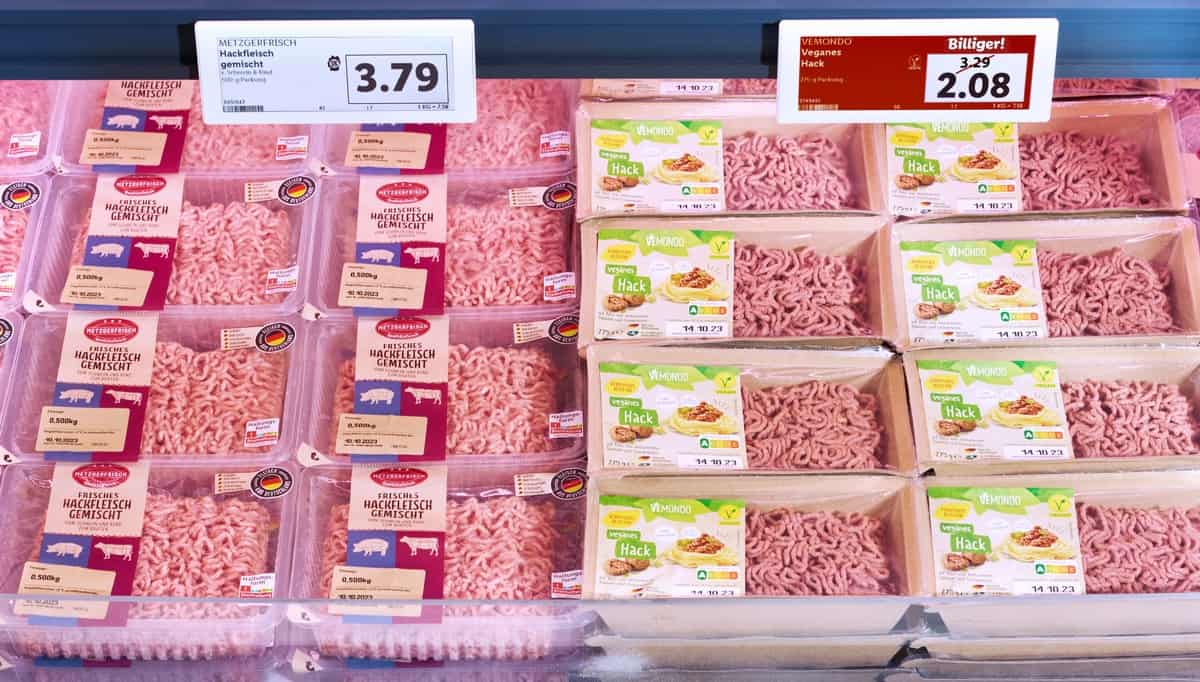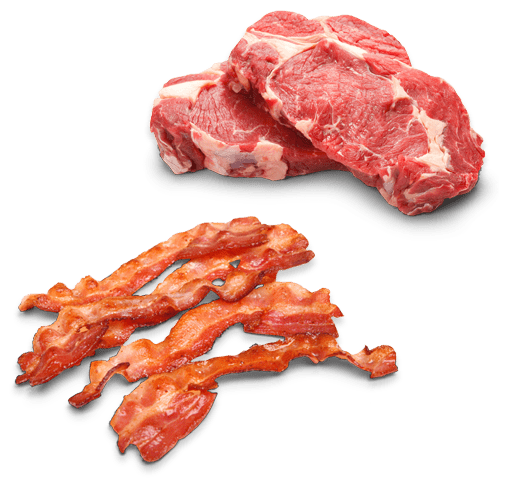Pork or tofu sausage, neck steak or seitan schnitzel? This question is apparently being answered by more and more consumers in favour of the vegetarian or vegan alternative.
Germany’s Federal Minister of Food and Agriculture Cem Özdemir Addresses Declining Meat Consumption
German meat consumption falls to an all-time low. Federal Minister Cem Özdemir suggests utilising new market opportunities. The long-term trend of declining meat consumption continued in 2023. According to preliminary figures from the Federal Information Centre for Agriculture (BZL), per capita meat consumption fell by 430 grams to 51.6 kilograms. This is the lowest figure since records began. Oat milk and veggie burgers offer market potential The famously vegetarian Federal Minister of Food and Agriculture, Cem Özdemir, comments: “Germans are paying more attention to their health, the impact on the environment or the welfare of animals when it comes to their diet. Many people are eating less meat today, but more consciously – and all the figures suggest that the trend is continuing. Agriculture, trade …




















